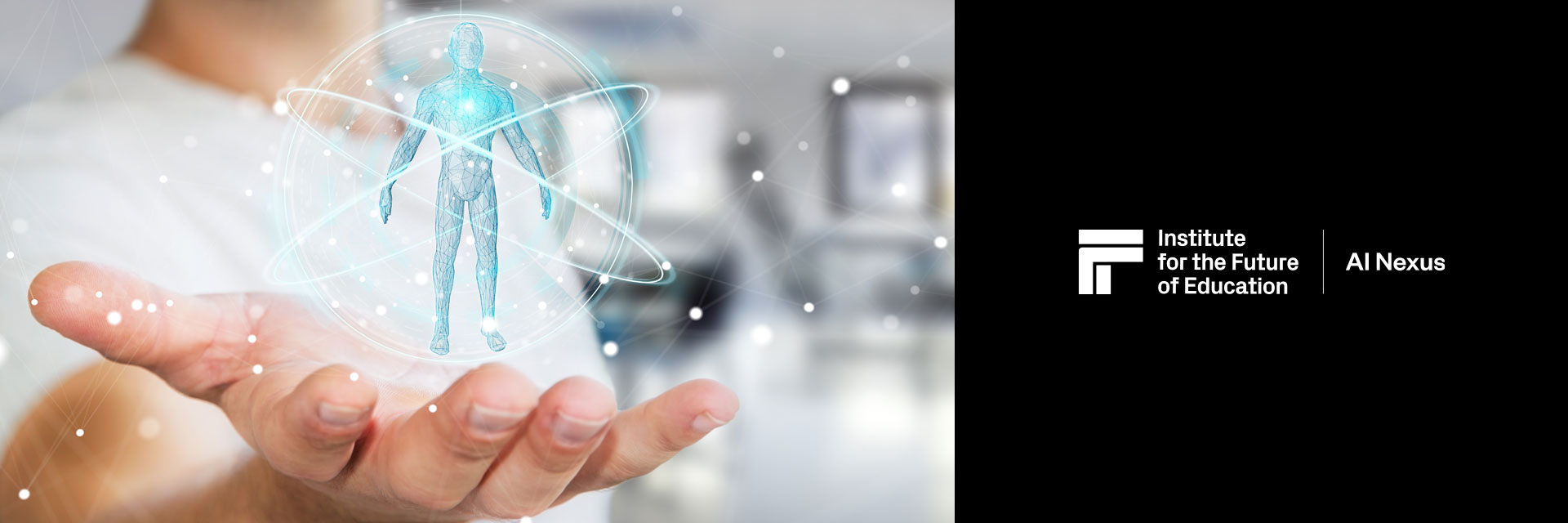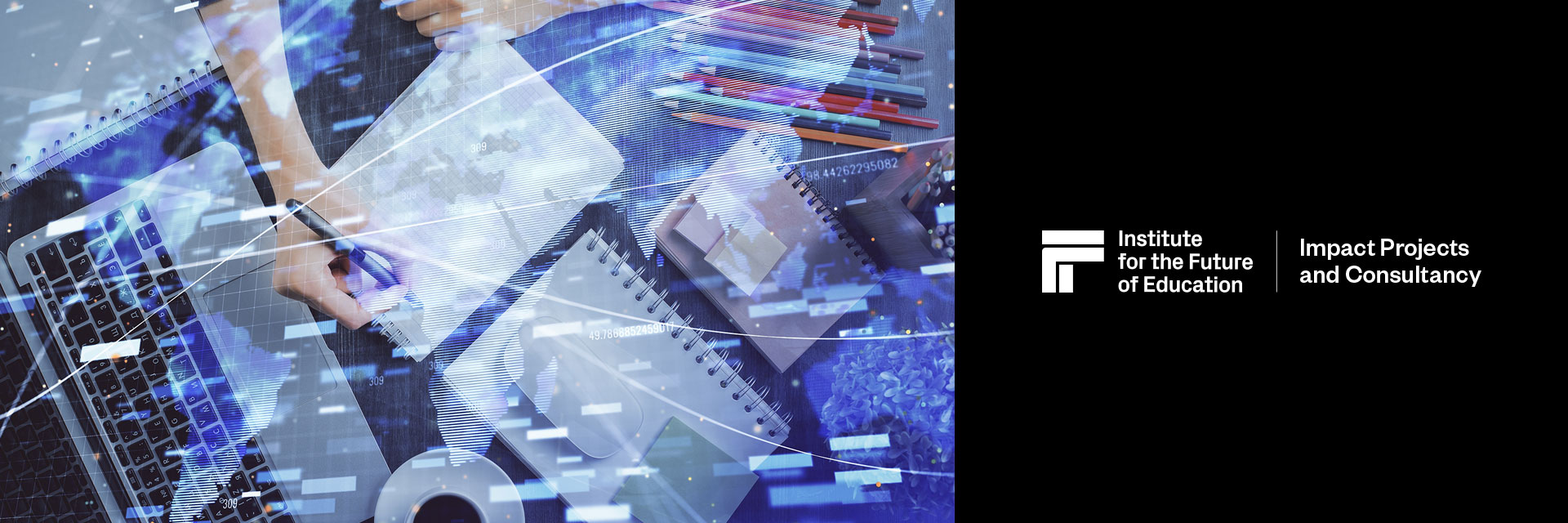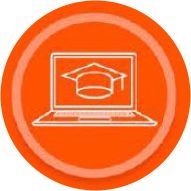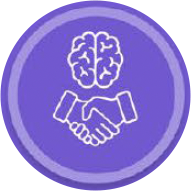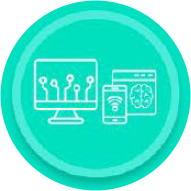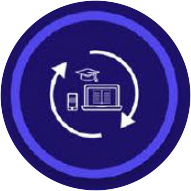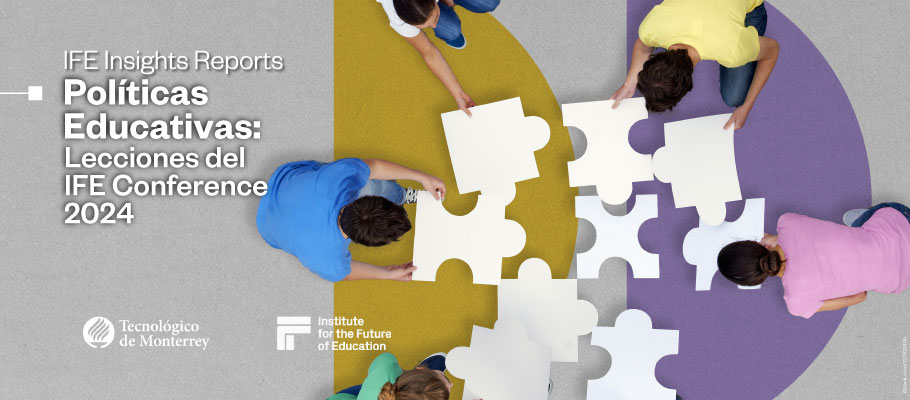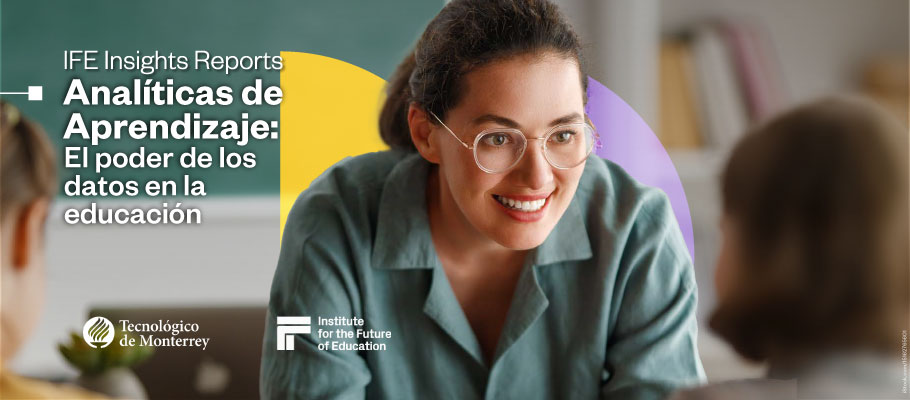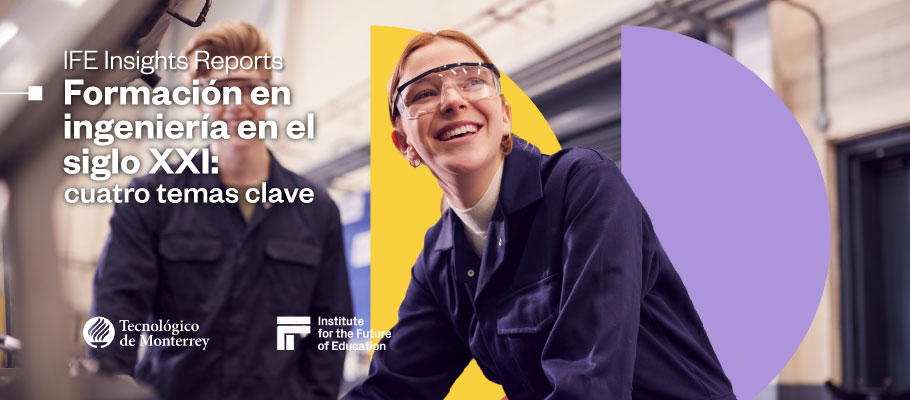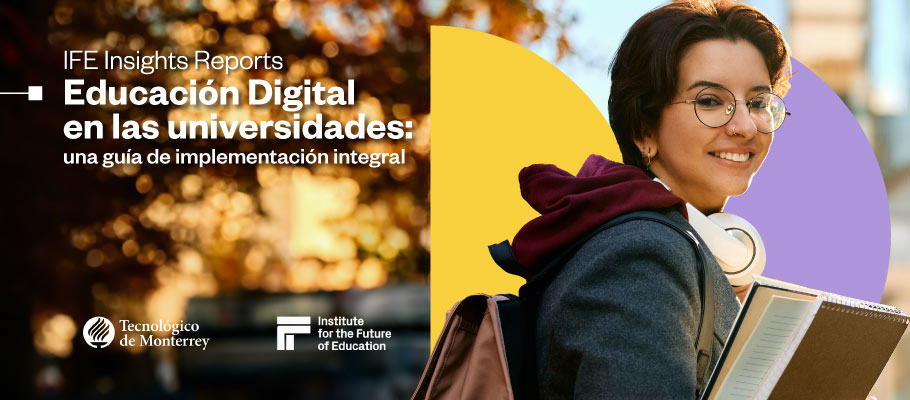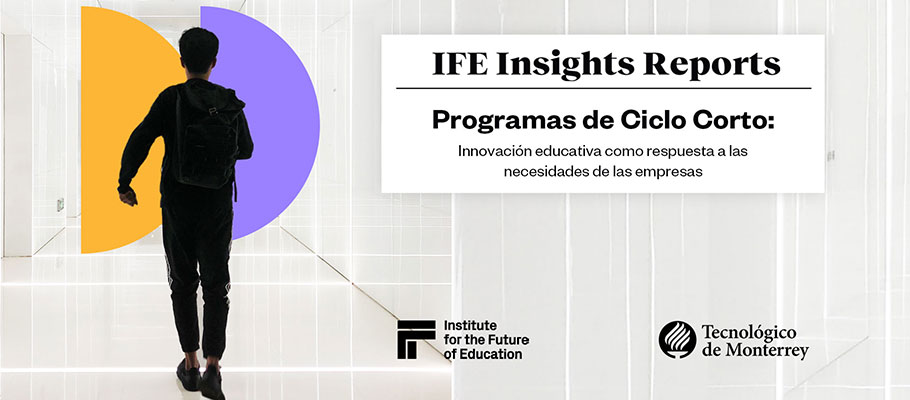Impact Measurement
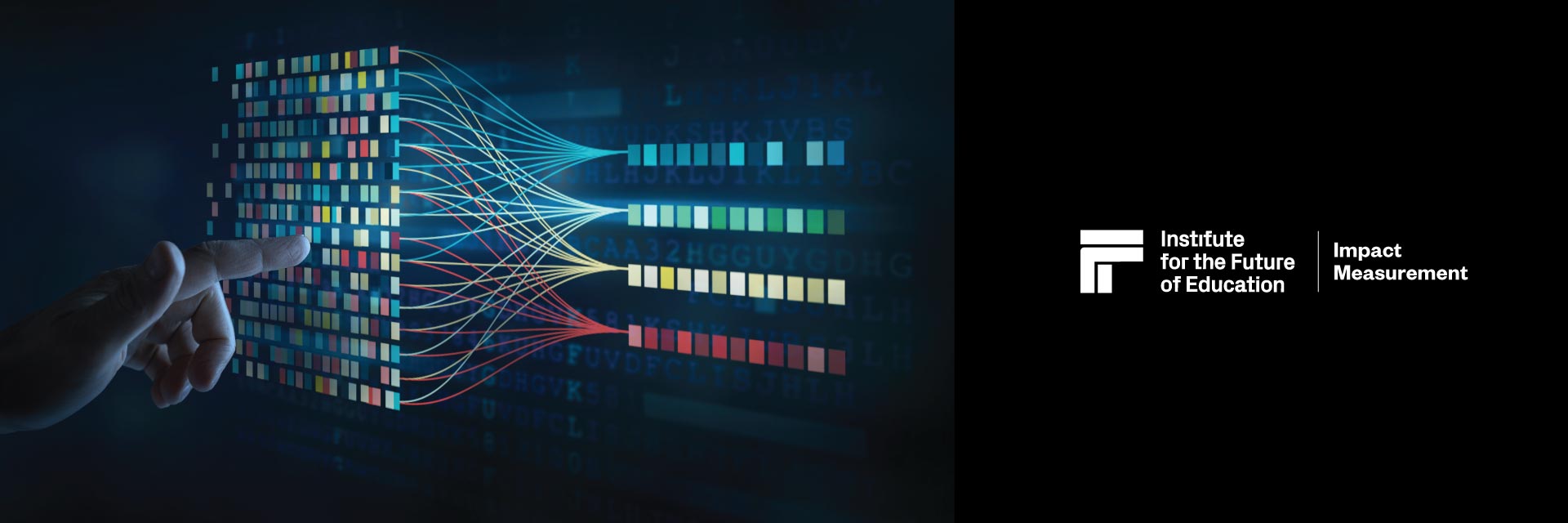
Esta iniciativa está comprometida con evaluar y fortalecer la innovación educativa mediante evidencia científica. Su objetivo central es asegurar que las iniciativas educativas, ya sean desarrolladas interna o externamente, generen impacto medible, informen decisiones estratégicas y contribuyan a entornos de aprendizaje más equitativos, efectivos e inclusivos.
- Durante su último ciclo, la iniciativa se enfocó en tres prioridades:
- Ampliar la evaluación rigurosa dentro del Tecnológico de Monterrey en estrecha colaboración con actores clave de la universidad.
- Ofrecer servicios de consultoría basada en evidencia a universidades y organizaciones externas en México y América Latina.
Liderar proyectos de alto impacto y con enfoque social que usen evidencia para transformar vidas en comunidades vulnerables.
Medición de impacto cuenta con un sólido marco metodológico alineado con estándares internacionales en investigación educativa. El enfoque incluye un modelo estructurado de evaluación de impacto con cuatro etapas: definición del modelo de cambio, recopilación de evidencia, revisión y análisis de datos, y comunicación de hallazgos a los grupos de interés.
El marco opera en tres niveles de evaluación—medición de resultados, logro de metas e impacto causal—y utiliza técnicas como análisis contrafactual (RCTs), emparejamiento, inferencia basada en teorías y triangulación para garantizar validez y resultados accionables.
El área trabaja en coordinación estratégica con actores clave del Tecnológico de Monterrey, incluyendo a la Vicepresidencia de Asuntos Académicos y Profesores, la Vicepresidencia de Preparatorias, la Vicepresidencia de Asuntos Académicos, la Vicepresidencia de. Innovación Educativa y Regulación Académica, la Vicepresidencia Ejecutiva de Investigación, la Vicepresidencia de Inclusión, Impacto Social y Sostenibilidad, y la Vicepresidencia de Estrategia.
Más allá de su valor interno, la iniciativa respalda una creciente cartera de evaluaciones para instituciones externas, ayudando a sus socios a evaluar programas, Validar resultados y tomar decisiones estratégicas. Este trabajo consolida al IFE como Fuente confiable de consultoría de impacto en educación superior e innovación social.
Access the generated reports
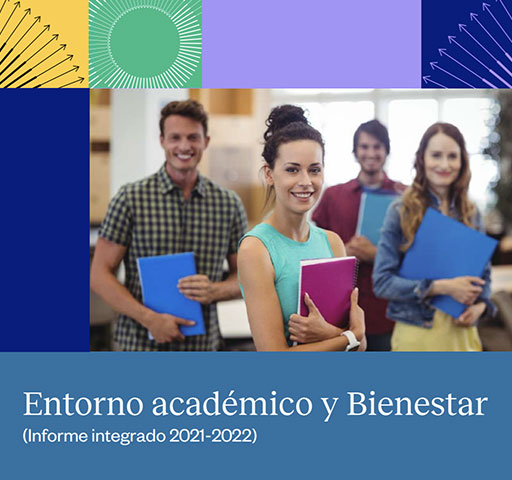
Ademic Environment and Well-Being
Abstract
This report compares well-being, burnout, stress, depression, and anxiety variables among Tecnológico de Monterrey teachers in 2021 and 2022 and assesses changes in intensity and hours dedicated to teaching activities during the same period.
PDF | Download Report get_app
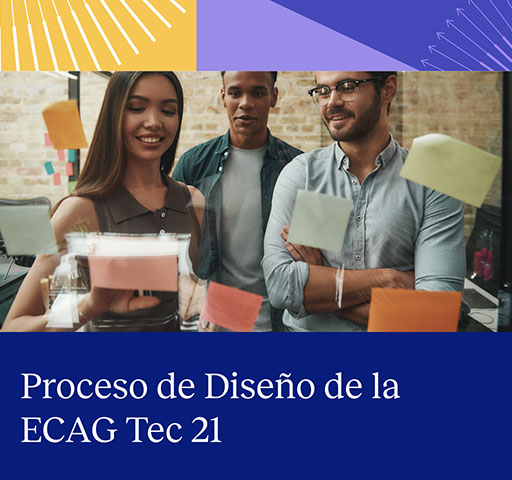
Exit Survey Design
Abstract
This report introduces an instrument that was developed to measure several key factors related to the memorable experience in students graduating from 2019 programs.
PDF | Download Report get_app
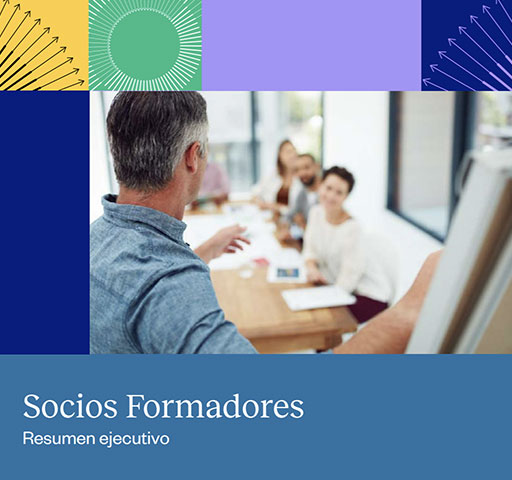
Evaluation of Educational Training Partners
Abstract
This report explores how different Training Partners impact student performance, motivation, and engagement, and the achievement of sub competencies in 2021 and 2022. It also investigates the learning experience from various perspectives, including challenge coordinators, students, training partners, and regional directors.
PDF | Download Report get_app
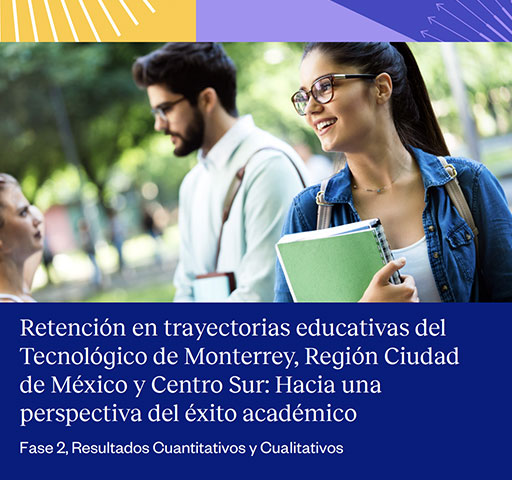
Retention in Educational Pathways at Tecnológico de Monterrey
Abstract
This report examines factors linked to student retention and analyzes them to create proposals for reducing dropout rates.
PDF | Download Report get_app
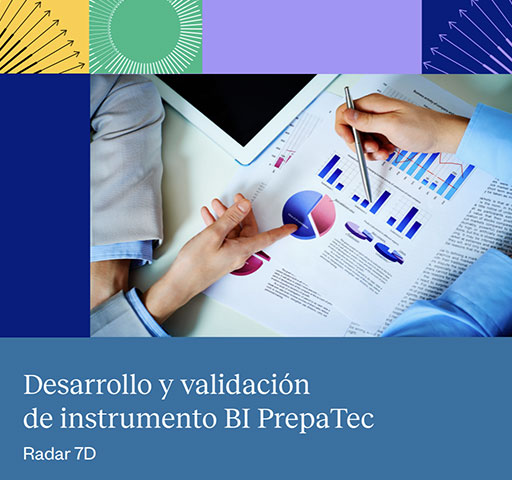
Development and validation of the BI PrepaTec instrument
Abstract
This report introduces “7D Radar”, an instrument that was developed to measure well-being in students and give mentors a practical tool to identify key factors for orientation and intervention.
PDF | Download Report get_app
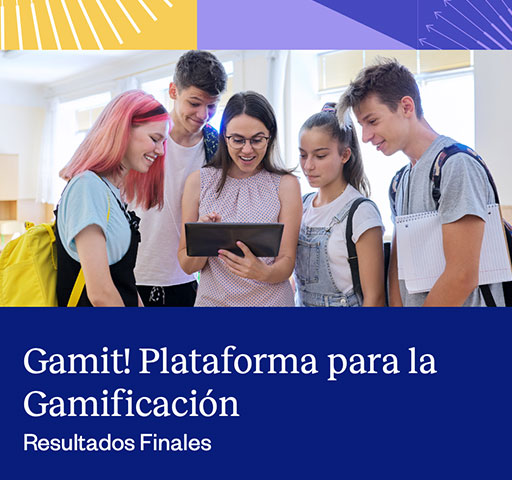
Gamit! Platform for Gamification
Abstract
This report introduces Gamit!, a gamification platform designed to enhance the learning experience of students and evaluates the impact of a gamification methodology based on a rewards system managed by this platform.
PDF | Download Report get_app
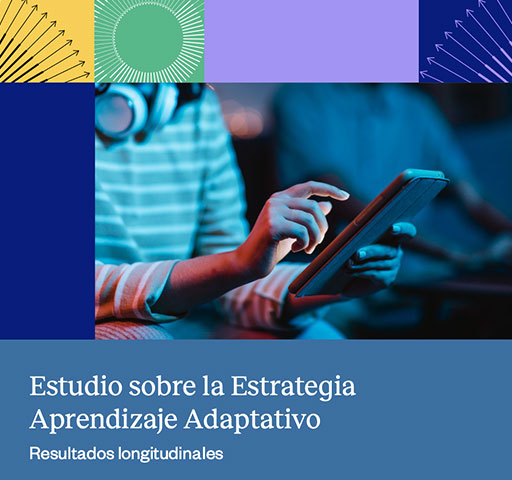
Study on Adaptive Learning Strategy
Abstract
The objective of this report was to assess the impact of the Adaptive Learning Strategy, along with its platform support, on students and teachers learning levels, achievement of sub-competencies, and overall educational experiences.
PDF | Download Report get_app
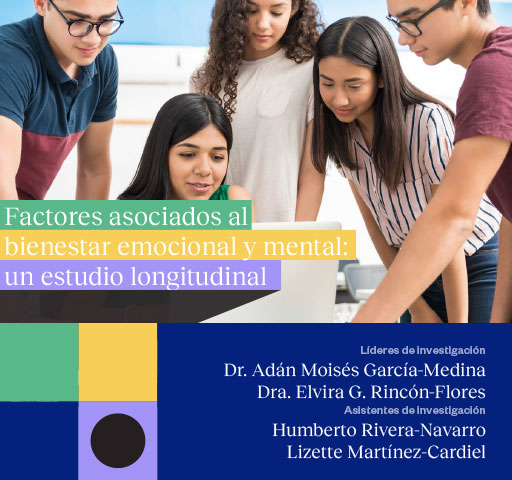
Emotional and Mental Well-Being Report
Abstract
This report presents a longitudinal analysis of the emotional and mental well-being of students, using the Healthy Minds Study (HMS) and the Emotional Competency Profile (ECP). It examines risk and protective factors that impact student well-being. The findings highlight the importance of social support, campus safety, and the normalization of seeking psychological help as crucial elements for improving students' well-being.
PDF | Download Report get_app
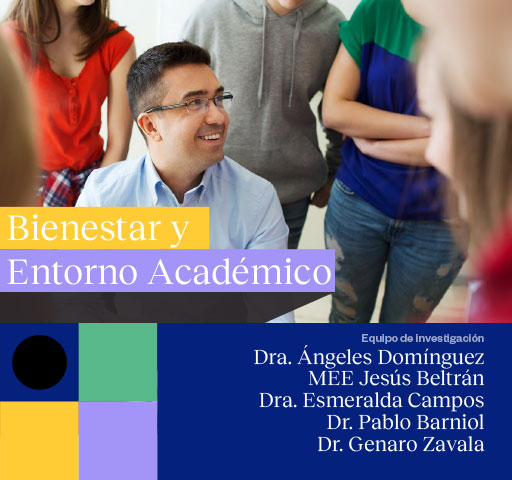
Well-Being and Academic Environment
Abstract
This study evaluated the psychological well-being, burnout, stress, depression, and anxiety of faculty members. The results indicate high levels of psychological well-being and low levels of burnout, stress, depression, and anxiety. Differences were identified based on contract type and academic rank.
PDF | Download Report get_app
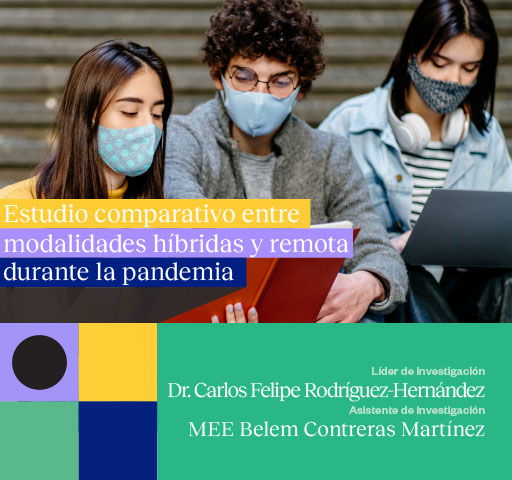
Modalities
Abstract
This study compared hybrid and remote teaching modalities during the pandemic. The results showed no significant differences in learning gains or levels between the two modalities. Students preferred the hybrid remote (HPRS) and fully remote modalities over the hybrid non-simultaneous (HPDA) option. Faculty noted that in-person classes promote greater participation and a stronger sense of belonging.
PDF | Download Report get_app
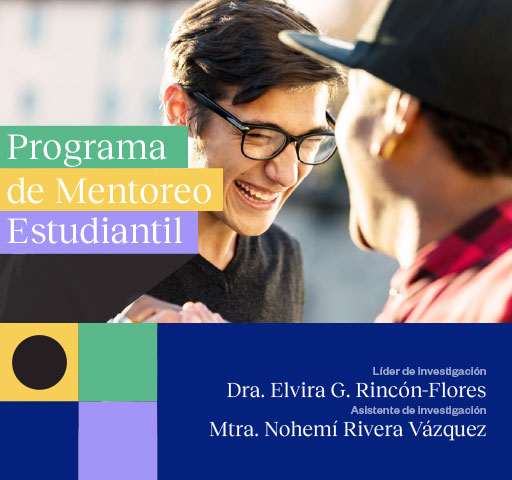
Student Mentoring
Abstract
This study evaluated the impact of the Student Mentoring Program on students' overall well-being. The results show that the social, emotional, and physical dimensions were rated the highest, while the spiritual and financial dimensions received the lowest ratings. Mentors emphasized the importance of maintaining an optimal number of mentees to provide better service.
PDF | Download Report get_app
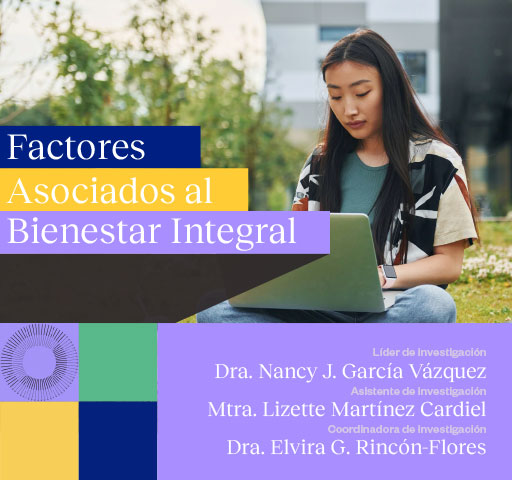
Factors Associated with Well-Being
Abstract
This study evaluated the factors associated with the seven dimensions of overall well-being in students, using the Healthy Minds Study (HMS). Changes in the physical, spiritual, occupational, financial, emotional, social, and intellectual dimensions were analyzed. The results indicate that emotional and social well-being increased during the transition from high school to university, while the physical, spiritual, and occupational dimensions showed declines.
PDF | Download Report get_app
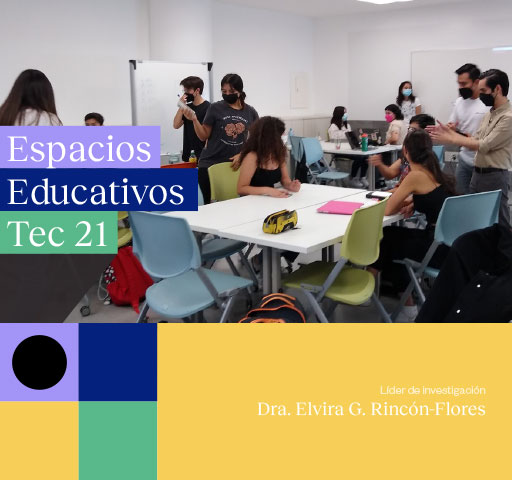
Educational Spaces 2021-2022
Abstract
This study evaluated the impact of Educational Spaces on students' achievement of sub-competencies, using a mixed-methods and quasi-experimental approach. The results indicate that educational model classrooms enhance communication and challenge development compared to traditional classrooms. Both faculty and students preferred the educational model classrooms for their setup and ability to promote interaction.
PDF | Download Report get_app
Column-3
Column-3
Column-3

